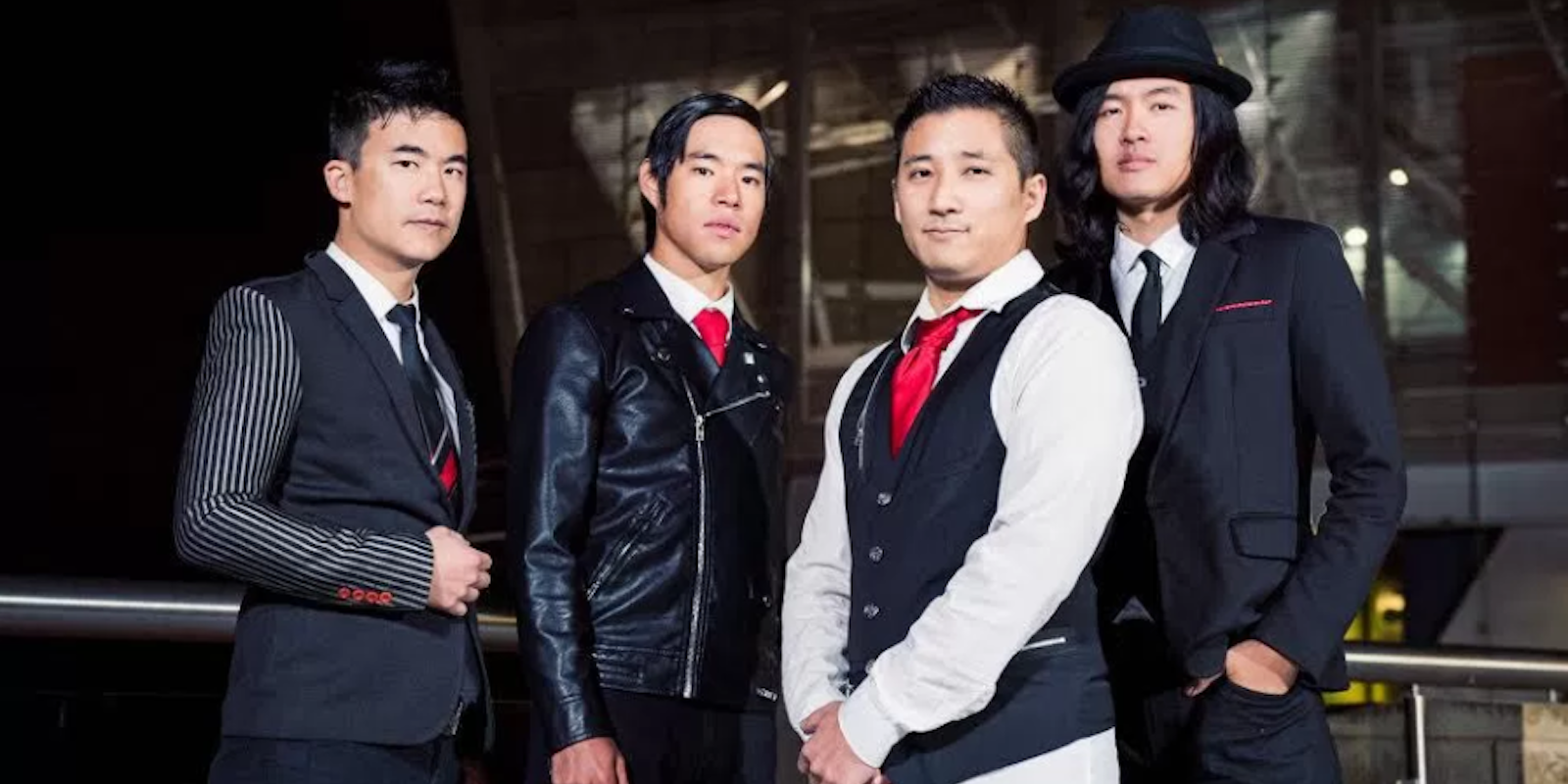The Supreme Court on Monday struck down a law that bans offensive terminology in trademarks, vindicating an embattled rock band and possibly a football team fighting to maintain its controversial name.
The court ruled that the 71-year-old trademark law infringes upon free speech rights, Stereogum reports. The decision marks a victory for Asian-American rock band the Slants, whose frontman, Simon Tam, tried to trademark the band name in 2011. The U.S. Patent and Trademark Office denied the request on the grounds that the name disparages Asians, but a federal appeals court in Washington, D.C., later deemed the law barring offensive trademarks unconstitutional.
The Washington Redskins found themselves in a similar predicament in 2014, when the trademark office ruled that the name offends American Indians and canceled the team’s trademark. Technically, they’re still free to use the name without trademark protection, but that legal security is crucial for a multibillion-dollar sports franchise. The Supreme Court ruling in the Slants case will likely give the Redskins leverage in their own court battle.
Just as Tam insisted the Slants’ name was meant to reclaim a racial slur as a statement of pride, the Redskins have argued that their name honors American Indians. Yet they’ve faced a slew of legal challenges from Indian groups decrying their name as racist, as well as mounting public pressure to change their name. Still, Redskins owner Dan Snyder has stood his ground, arguing that the team name “represents honor, respect, and pride.”
Regardless of the intention behind a name, Supreme Court Justice Samuel Alito ruled in the Slants case that trademarks are private speech, not government speech. As a result, Alito said they are protected under the First Amendment. A federal appeals court previously echoed these sentiments when it sided with the Slants in 2015, saying the First Amendment protects “even hurtful speech that harms members of oft-stigmatized communities.”
H/T Stereogum
